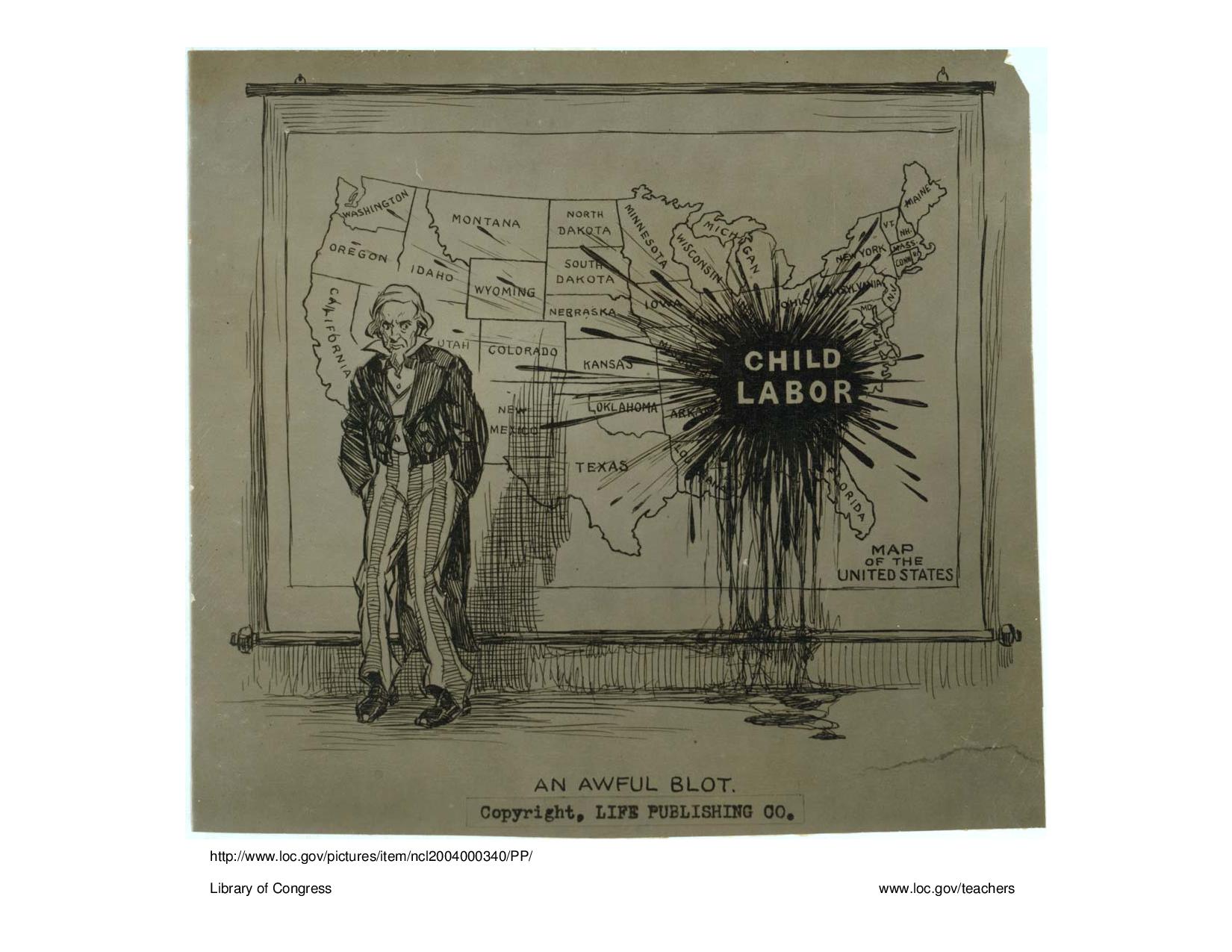All GED Social Studies Resources
Example Questions
Example Question #81 : Question Types

Based on this political cartoon it is likely that _________________.
Andrew Jackson was born in Britain
Andrew Jackson did not enjoy much popular support
Andrew Jackson supported the British war effort in the War of 1812
Andrew Jackson was friends with the British King at the time
Andrew Jackson was not afraid to use the Presidential veto
Andrew Jackson was not afraid to use the Presidential veto
Just because Andrew Jackson is dressed as the King of England does not mean there is any evidence to suggest he was born in Britain, supported the British war effort, or was friends with the British King. Nor does it directly suggest that Andrew Jackson did not enjoy much popular support; however, in his hand Jackson is holding a piece of paper that says “veto,” which suggests he was not afraid to use the Presidential veto when given the opportunity.
Example Question #82 : Question Types

This political cartoon is primarily suggesting that _________________.
Andrew Jackson is acting as an authoritarian ruler rather than a President
Andrew Jackson does not enjoy the popular support of the electorate
Andrew Jackson is leading the United States into a war it cannot win
Andrew Jackson will not win in the coming Presidential election
Andrew Jackson is harming American interests by fostering close ties with Britain
Andrew Jackson is acting as an authoritarian ruler rather than a President
In the cartoon Jackson is dressed as a King, an authoritarian ruler, and standing on a ripped-up copy of the United States’ Constitution. The author of this cartoon is clearly suggesting that Jackson should not be considered a truly democratic leader, but as something approaching a totalitarian ruler.
Example Question #83 : Question Types

The cartoon centers around Theodore Roosevelt’s reputation as a(n) _________________.
trustbuster
imperialist
war hero
political figurehead
environmentalist
trustbuster
President Theodore Roosevelt’s domestic policies were in part defined by his opposition to large corporations, called “trusts.” His presidency was also defined by his imperialist and environmentalist (at least by the standards of the day) policies; but, in this cartoon Roosevelt is pictured as a hunter going after the standard oil trust, the beef trust, and the hard-coal trust. So, it seems logical to answer that the cartoon centers around his reputation as a “trustbuster.”
Example Question #84 : Question Types

The principle tone of this cartoon is _________________.
demanding change
mocking irony
urging support
demonstrating support
affectionate
mocking irony
In this cartoon Andrew Jackson, one-time President of the United States, is shown dressed as a King and standing atop ripped-up copies of the United States’ Constitution and the Internal Improvements Bill. The headline reads “Born to command.” The tone is therefore meant to be mocking and ironic. The author is suggesting that Jackson believes he is born to command and thinks of himself as a ruler closer to a King than a President.
Example Question #85 : Question Types

The primary message of this cartoon is that __________.
the use of child labor is concentrated in the Eastern manufacturing centers of the country
the use of child labor is a stain on American society and an affront to American values
child labor laws are too strict in the United States
child labor is the primary reason why the East of the United States is much wealthier than the rest of the country
child labor laws are too lenient in the United States
the use of child labor is a stain on American society and an affront to American values
The primary meaning behind this cartoon is that the use of child labor represents an affront to American society and to American values. The cartoon depicts a map of the United States with a big "blot" or "stain" on the map represented by child labor. The man is most likely meant to be Uncle Sam, looking disdainfully at the use of child labor.
Certified Tutor
Certified Tutor
All GED Social Studies Resources



